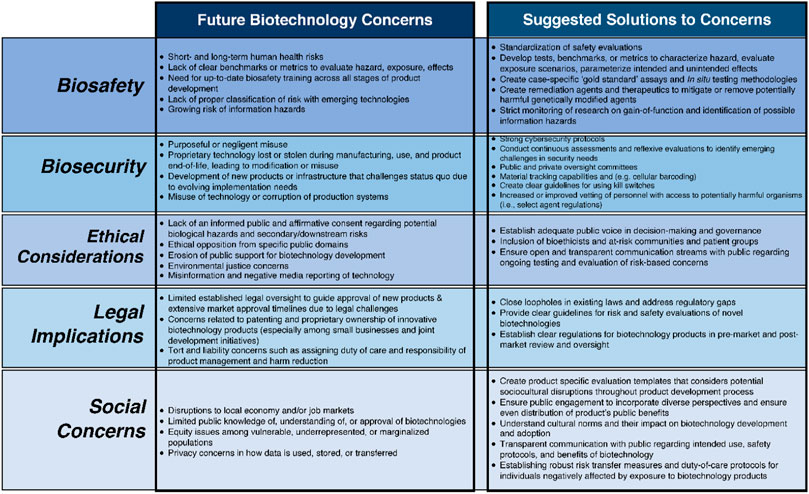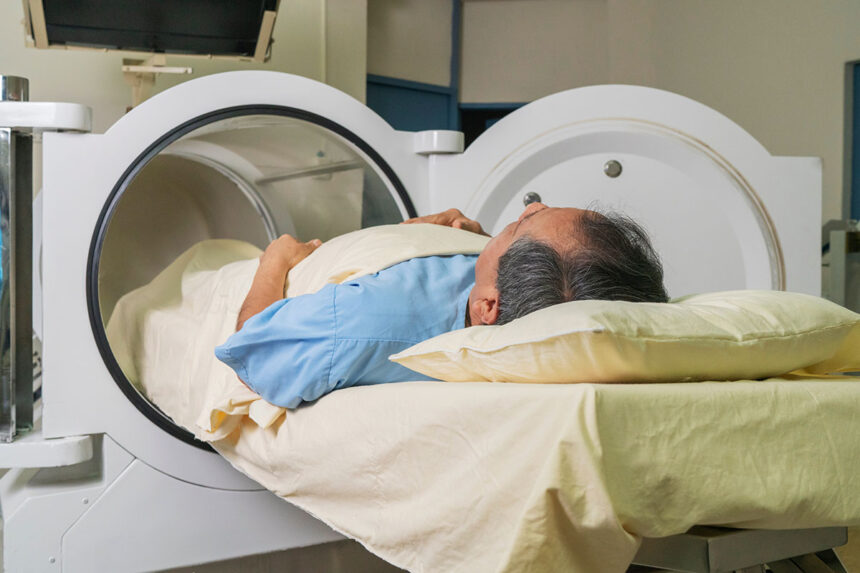In the age of technology and innovation, the pursuit of peak human performance and wellness has taken an exciting turn with the rise of biohacking. This burgeoning field blurs the lines between biology, technology, and personal experimentation, empowering individuals to optimize their health and unlock their full potential. But what exactly is biohacking, and why should you care about it?
Biohacking is the art and science of changing the environment around you and inside you so you have full control of your own biology.
Dave Asprey, founder of Bulletproof and a leading biohacking advocate
Let’s dive into the fundamentals of biohacking, its key practices, potential benefits, associated risks, and its growing importance in today’s world.
What Is Biohacking?
Biohacking refers to the practice of modifying or enhancing human biological systems to achieve specific health, performance, or longevity goals. These modifications can range from simple lifestyle changes, such as dietary adjustments or mindfulness practices, to advanced interventions like genetic engineering or implanting technological devices.

As outlined by Observer Research Foundation (ORF), biohacking is deeply rooted in the principles of citizen science, utilizing accessible data, open-source medicine, and cutting-edge advancements to empower individuals to take control of their biology.
The Core Types of Biohacking
Biohacking is a broad field, encompassing a variety of approaches. Here are the three most prominent types:

1. Nutrigenomics
Nutrigenomics explores the interaction between nutrition and genetics. By analyzing how specific foods influence gene expression, individuals can tailor their diets to maximize health and minimize disease risks. For instance, a person predisposed to inflammation may focus on anti-inflammatory foods like turmeric or omega-3 fatty acids.
2. Do-It-Yourself Biology (DIY Biology)
DIY biology involves amateur scientists conducting biological experiments, often outside traditional lab settings. This grassroots movement leverages accessible tools and open-source data to democratize science, allowing anyone with curiosity to explore innovations in health and biology.
3. Grinder Biohacking
The more futuristic side of biohacking, grinder biohacking, involves integrating technology into the human body. Think implantable devices that monitor health metrics or RFID chips that allow you to unlock doors without a key. While controversial, this form of biohacking demonstrates the field’s potential to merge biology with technology.
Why Does Biohacking Matter?
Biohacking isn’t just a trend—it’s a reflection of humanity’s growing desire to take control of health and performance in unprecedented ways. Here’s why it matters:
1. Empowerment and Self-Optimization
Biohacking empowers individuals to make informed decisions about their health. With advancements in wearable tech, DNA testing, and health tracking, people can customize solutions to improve sleep, energy, focus, and overall well-being.
2. Tackling Chronic Diseases
By enabling early detection and prevention, biohacking could play a significant role in addressing chronic conditions like diabetes, heart disease, and mental health disorders. Personalized interventions could reduce dependency on medications and improve quality of life.
3. Longevity and Aging
Biohacking has become a cornerstone in the pursuit of longevity. Practices like fasting, red light therapy, and cold exposure aim to slow cellular aging, enhance mitochondrial function, and improve resilience, potentially adding years to one’s life.
The Risks and Ethical Considerations
While biohacking offers immense potential, it comes with its fair share of risks and ethical dilemmas:
Biohacking is one of the most powerful tools humanity has to transform itself and solve problems we once thought insurmountable.
Zoltan Istvan, transhumanist author and speaker
- Health Risks
Some biohacking practices, particularly extreme interventions, may pose health risks. For instance, unregulated genetic modifications or unverified supplements can lead to unintended consequences. - Data Privacy Concerns
The increasing reliance on wearable devices and health tracking raises questions about data security. Who owns your health data, and how is it being used? - Ethical Dilemmas
Grinder biohacking and genetic editing, in particular, spark ethical debates about the limits of human enhancement. Should there be regulations to prevent misuse? - Economic Disparities
As biohacking technologies evolve, there’s a risk that only affluent individuals will have access to advanced interventions, exacerbating health inequities.
Regulation and Governance
As biohacking continues to grow, so does the need for comprehensive regulations. According to ORF, governments and global organizations must strike a balance between encouraging innovation and ensuring safety. Policies that promote ethical experimentation while protecting public health are essential for sustainable growth in this field.

For instance, regulations could include:
- Oversight of DIY biology projects to prevent biosecurity risks.
- Standards for data privacy and security in wearable technology.
- Ethical guidelines for genetic editing and implantable devices.
By addressing these challenges, biohacking can become a tool for societal benefit rather than a source of division.
The Future of Biohacking
The biohacking landscape is evolving rapidly, with promising advancements on the horizon:
- Precision Medicine
Advances in genomics and AI could lead to highly personalized health solutions, tailoring treatments and interventions to an individual’s unique biology. - Integration of AI and Wearable Tech
AI-driven health tracking devices will provide deeper insights into how lifestyle changes impact individual biology, enhancing the effectiveness of biohacking. - Bioprinting and Regenerative Medicine
Technologies like bioprinting could revolutionize tissue repair and organ regeneration, taking biohacking to new heights. - Global Collaboration
With open-source platforms and shared data, biohacking has the potential to foster global collaboration, democratizing access to innovations and improving health outcomes worldwide.
How to Get Started with Biohacking
If you’re intrigued by the idea of biohacking, here are some simple ways to start:
- Track Your Health Metrics
Use wearables like smartwatches or fitness trackers to monitor sleep, activity, and stress levels. - Experiment with Nutrition
Adopt a data-driven approach to diet. Try eliminating certain foods or adding superfoods, and observe their impact on your energy and mood. - Incorporate Simple Interventions
Start small with biohacking techniques like intermittent fasting, mindfulness, or cold showers. - Stay Informed
Follow credible sources and communities to stay updated on the latest advancements in biohacking.
Breaking Down the Barrier
Biohacking represents the convergence of science, technology, and self-improvement. Whether it’s optimizing daily performance, combating chronic diseases, or pursuing longevity, biohacking offers tools to take control of your biology like never before.
However, as the field grows, it’s crucial to navigate it responsibly, balancing innovation with ethics and regulation. By fostering collaboration and accessibility, biohacking can empower individuals and communities worldwide to lead healthier, more fulfilling lives.
Are you ready to take the first step in the fascinating world of biohacking?
Recent Insights into Biohacking: What It Is and Why It Matters
“Biohacking and Cellular Optimization”
A 2024 study explored how biohacking practices like intermittent fasting and red light therapy activate cellular repair mechanisms, including autophagy and mitochondrial biogenesis. These processes improve cellular resilience, reduce oxidative stress, and support healthy aging. Researchers recommend integrating such biohacking techniques into daily routines for long-term health benefits.
Read the full study here.
“The DIY Biology Movement and Citizen Science”
A 2023 analysis delved into the rise of DIY biology, a grassroots movement empowering individuals to conduct scientific experiments outside traditional laboratories. By leveraging open-source data and accessible tools, biohackers are driving innovation in health optimization and genetic engineering. The report highlights the movement’s potential while calling for safeguards against misuse.
Discover the detailed findings here.
“Wearable Technology and Personalized Biohacking”
Research from 2024 examined how wearable devices like smartwatches and continuous glucose monitors are transforming biohacking by offering real-time health data. These technologies enable users to track metrics like heart rate, sleep quality, and blood glucose levels, facilitating personalized health interventions. The study predicts widespread adoption of wearable tech in the coming years.
Learn more about the research here.
“Biohacking and Economic Accessibility”
A recent 2024 study highlighted the cost-effectiveness of biohacking practices compared to traditional medical interventions. Simple techniques like cold exposure, fasting, and mindfulness offer significant health benefits at minimal cost, making biohacking accessible to individuals across socioeconomic backgrounds. The research advocates for public health campaigns to promote these practices.
Explore the study here.
“Ethical and Regulatory Challenges in Biohacking”
A 2023 report focused on the ethical dilemmas posed by advanced biohacking practices, such as genetic editing and implantable devices. While these innovations hold transformative potential, they also raise concerns about safety, equity, and misuse. The study emphasizes the need for clear regulatory frameworks to balance innovation with responsibility.
Read the full analysis here.
“Longevity and the Future of Biohacking”
A 2024 article explored how biohacking innovations are extending healthspan by targeting the root causes of aging. Techniques like stem cell therapy, nootropics, and microbiome optimization show promise in slowing age-related decline. The report underscores the importance of integrating science-based biohacking methods into mainstream healthcare.
Discover the insights here.
“The Role of Biohacking in Mental Health”
A 2023 study investigated how biohacking techniques like neurofeedback, meditation, and smart drug use improve cognitive function and mental well-being. These practices help reduce stress, enhance focus, and support long-term brain health. The research calls for further exploration of biohacking’s role in addressing mental health challenges.
Learn more about the findings here.
These recent insights reveal biohacking’s potential to revolutionize health optimization, longevity, and mental well-being. By leveraging cutting-edge science and simple, accessible practices, biohacking empowers individuals to take control of their biology. Would you like to explore any of these findings further?


























Tell me more about super foods and it’s impacts in mood and energy